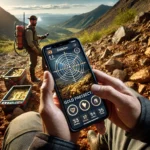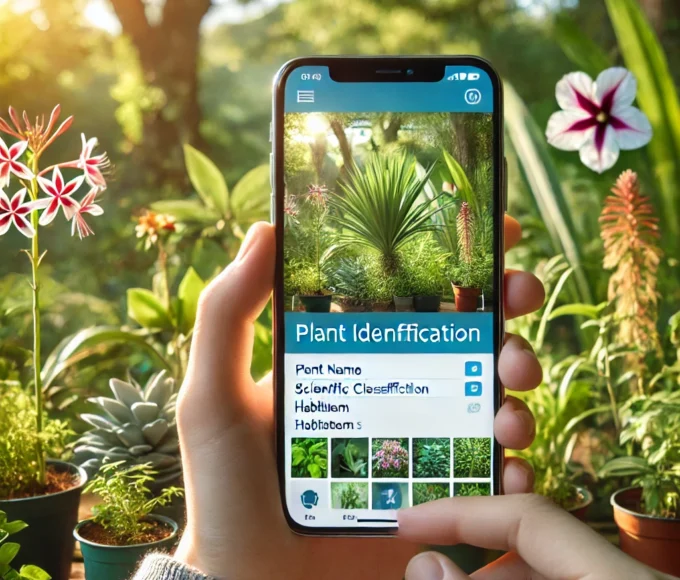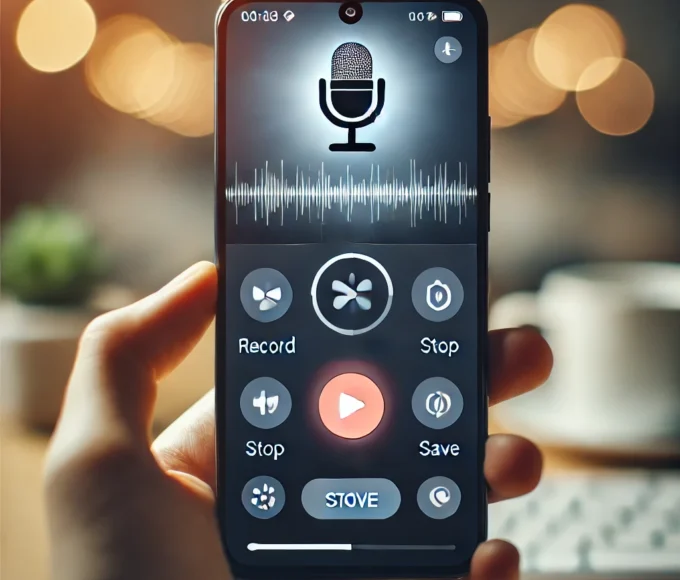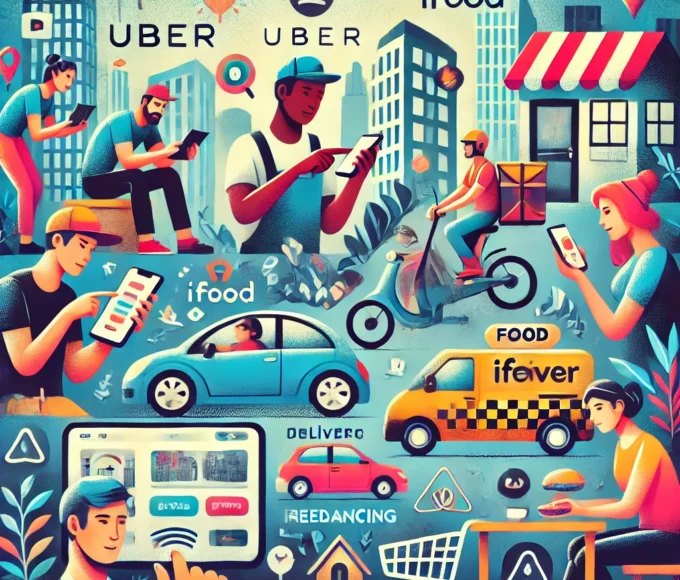Introduction
Reincarnation, or the belief that we return to Earth in different bodies after death, is a concept that has fascinated humanity for millennia. Although the concept is common to many cultures and religions, it has taken on a new dimension with the advent of digital technologies. Today, curiosity about supposed past incarnations is no longer exclusive to the offices of a medium or hypnotherapist – now, getting in touch with one’s own assumed reincarnation is possible with an app installed on one’s smartphone. The purpose of this article is to examine how these apps work, how accurate or misleading they are, and whether they can be trusted to some extent.
How Do Past Life Apps Work?
Past life apps operate in a variety of ways. They involve a variety of psychological techniques and pseudosciences such as astrology, numerology, and in some cases, artificial intelligence. The basic concept is to ask the user to answer questions about their personality, desires, fears, and more. Based on the answers, the app creates a “profile” that, it claims, shows who a person was in their past life.
For example, some apps do this by looking at the user’s “soul” age, which supposedly indicates when and who the person was, based on a certain point in time in history. Depending on the app, the analysis could be based on traits or accomplishments, image or personality, and more.
In addition, the apps also use interactive elements such as simulations and guided meditations so that “you can see your own past life.” This approach should not be considered analytical – if the real goal is to provide an immersive experience and nothing more.
Popular Application Examples
There are many apps available today to help you decipher your past life. Some popular examples include:
- Past Life Regression: This app offers its users the illusion of a “regression” experience, complete with guided meditation audios. The user goes through deep relaxation techniques to access subconscious memories, revealing information about past lives.
- Who Were You?: Claiming to be based on astrology and numerology, Who Were You asks the user for details such as their date and time of birth to generate a profile of their past lives, indicating who they were and when they lived.
- My Past Life: Probably one of the lightest apps, My Past Life is a series of fun questions designed to “decipher” the user’s past, and then create a fun or serious profile, depending on their answers.
Limitations and Criticisms
While these apps can be fun to explore, it’s crucial to keep their limitations in mind. The first point concerns science, which in no way confirms the existence of past lives and translates into zero scientific basis for the apps, which rely on pseudoscience and pop psychology tricks with suggestion and subjective validation to create a believable experience for the user.
A second point is that the app is geared more toward entertainment than providing depth or insight of any kind. The accuracy of the “revelations” provided can also be questioned to a large extent, as the algorithms provide answers broad enough to apply to almost anyone.
Another criticism is that apps also have a negative effect on people, such as creating false expectations or unrealistic beliefs. People in these cases may be more vulnerable or superstitious, which generates a state of anxiety.
The Psychology Behind Apps
Given human psychology, it’s possible to understand people’s fascination with their past lives. Indeed, reincarnation provides a kind of continuity and purpose, helping people cope with the inevitability and uncertainty of death. Apps that create a “past” for the user to explore provide a fictional but compelling narrative to provide an explanation for their current personality or life circumstances.
So, to a large extent, past life exploration through an app can be seen as simply a modern method of self-exploration. While the life itself may be completely made up or semi-based on pseudoscientific science, it can still prompt reflections on real life. For example, by telling someone that he or she was a warrior in a past life, it is worth reflecting on the recipient’s strength and resilience in this life.
Final Considerations
Apps are certainly fun, but serious uses should be approached with great caution. Those who like this idea might consider working with a psychologist or spiritual expert, or even the oldest form of past-life speculation: meditation, undergoing hypnosis supervised by experts. In this way, the serious complements the leisure.
Ultimately, past-life apps offer a mirror to human curiosity. They mirror an innate desire to discover who we are and where we came from, even if that leads us to learn about reincarnation via smartphone.







